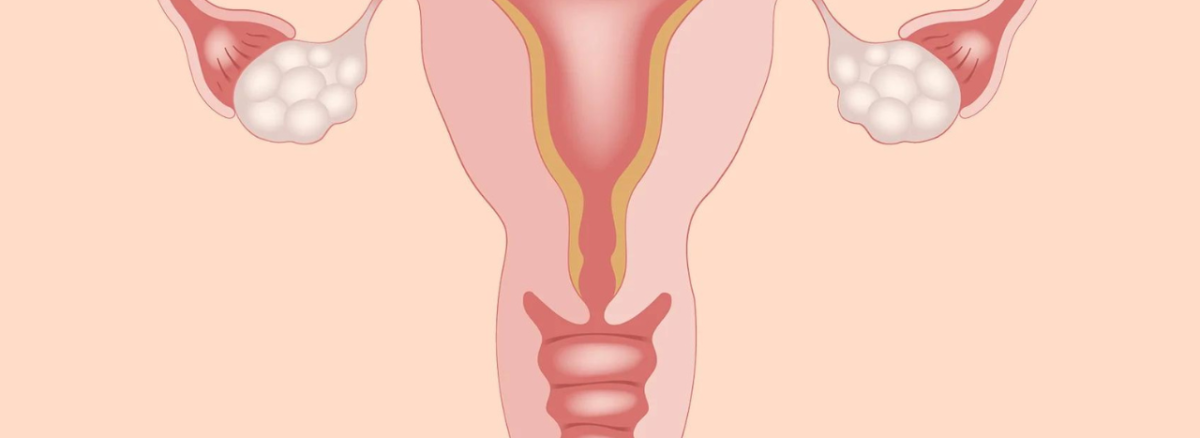The human ovary is a remarkable organ, responsible for the
production of eggs and the secretion of hormones that regulate the female
reproductive system. However, it’s no secret that over time, ovarian
function naturally declines. This natural process is often accompanied by
reduced fertility and the onset of menopause. For many women, the
biological clock can become a source of anxiety, especially when they
delay family planning for various reasons. In recent years, a burgeoning
field in reproductive medicine has emerged with the promise of addressing
this concern – ovarian rejuvenation. This concept, though still in its infancy,
holds the potential to revolutionize fertility treatments and offer renewed
hope to women seeking to extend their reproductive lifespan.
UNDERSTANDING OVARIAN AGING
Before delving into ovarian rejuvenation, its essential to understand
ovarian aging. A woman is born with a finite number of eggs, which
gradually diminishes as she ages. Additionally, the quality of the remaining eggs can deteriorate, making it increasingly challenging to conceive
naturally as she gets older. These biological factors contribute to the age-
related decline in female fertility.
THE PROMISE OF OVARIAN REJUVENATION
Ovarian rejuvenation refers to medical procedures or treatments designed
to revitalize the ovaries, potentially improving egg quality and ovarian
function. While its not a guaranteed solution, it offers a glimmer of hope to
women who face infertility due to advanced maternal age or premature
ovarian insufficiency (POI).
OVARIAN REJUVENATION TECHNIQUES
Researchers are exploring several ovarian rejuvenation techniques
and fertility specialists. These include:
1. Ovarian Tissue Cryopreservation and Transplantation: This approach
involves removing a small piece of ovarian tissue, freezing it, and later
transplanting it back into the woman’s body when she's ready to conceive.
This technique has shown promise in restoring fertility in cancer survivors
who faced premature menopause due to chemotherapy or radiation
therapy.
2. Platelet-Rich Plasma (PRP) Therapy: PRP is a concentration of platelets
obtained from the patients own blood. It contains growth factors that may
stimulate tissue repair and regeneration. In ovarian rejuvenation, PRP is
injected into the ovaries with the goal of enhancing ovarian function.
3. Stem Cell Therapy: Stem cells have the remarkable ability to transform
into various cell types in the body, potentially including egg cells. Some
researchers are investigating the use of stem cell therapy to rejuvenate the
ovaries and improve egg quality.
4. Ovarian Rejuvenation Medications: Some medications, such as
dehydroepiandrosterone (DHEA) and gonadotropin-releasing hormone
agonists (GnRH agonists) have been explored for their potential to
enhance ovarian function and egg quality in certain cases.
CHALLENGES AND CONTROVERSIES
Despite the promising potential of ovarian rejuvenation, its crucial to
acknowledge the challenges and controversies associated with these
techniques:
1. Lack of Long-Term Data: Ovarian rejuvenation is a relatively new field,
and long-term data on the safety and efficacy of these procedures are
limited. The potential risks and side effects are not fully understood.
2. Ethical and Legal Issues: The use of certain stem cell therapies and
experimental techniques raises ethical and legal questions. Regulations
surrounding these procedures vary widely by country.
3. Variability in Results: Ovarian rejuvenation outcomes can vary from one
individual to another. While some women may experience improved
ovarian function and conceive after these treatments, others may not see
significant benefits.
4. Cost and Accessibility: Ovarian rejuvenation procedures can be
expensive and are not always covered by insurance. This can limit access
to these treatments for many women.
5. Alternative Fertility Treatments: Established fertility treatments, such as
in vitro fertilization (IVF) and egg donation, have a track record of success
and are widely available. Ovarian rejuvenation may be considered when
these options are not suitable or have been exhausted.
CONCLUSION: A PROMISING BUT EVOLVING FIELD
Ovarian rejuvenation represents a compelling frontier in fertility science.
While it offers hope to women facing fertility challenges due to age-related
or premature ovarian insufficiency, it is essential to approach these
techniques with caution and realism. Robust research, long-term studies,
and ethical considerations are critical as this field continues to evolve.
Ultimately, the decision to pursue ovarian rejuvenation should be made in
consultation with experienced fertility specialists who can provide personalized guidance based on a woman’s unique medical history and
circumstances. While ovarian rejuvenation holds the potential to extend the
reproductive lifespan and fulfill the dreams of parenthood, it is still a field in
its infancy, and its true potential and limitations are yet to be fully
understood.

